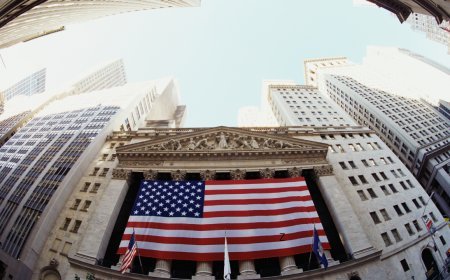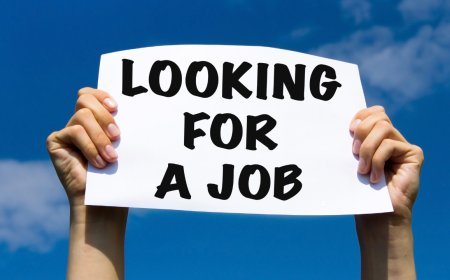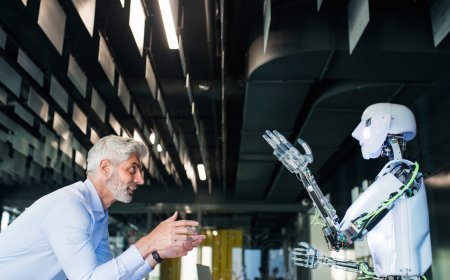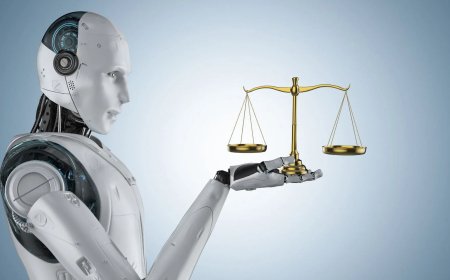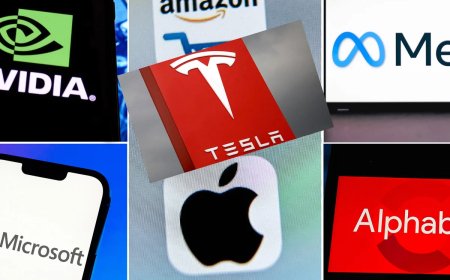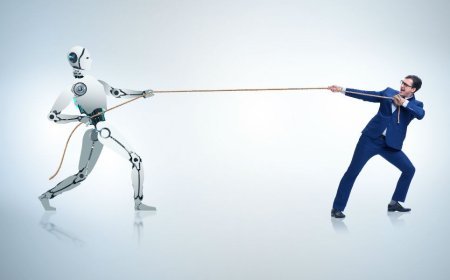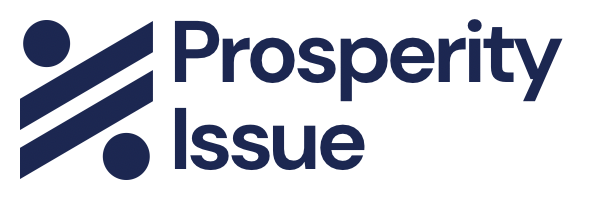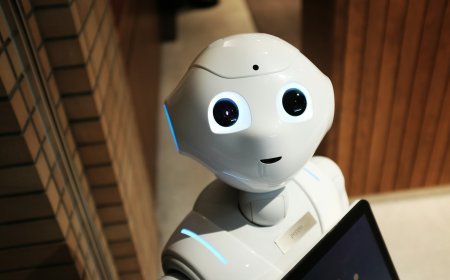AI vs. Human Workers: The $2 Trillion Productivity Revolution That's Changing Everything
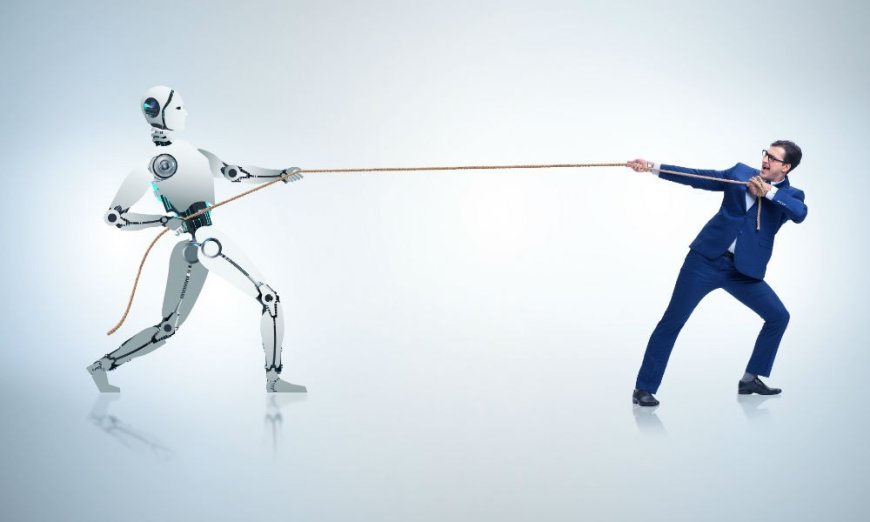
McKinsey estimates that AI could add $2-4 trillion annually to global economic output through productivity gains. But here's the catch: those gains come primarily from replacing human labor with machine efficiency. The result is an economic paradox where overall prosperity rises while individual workers face displacement.
The Productivity Math
A human customer service representative handles 30-50 calls per day at a cost of $15-20/hour plus benefits. An AI system can handle 1,000+ customer interactions simultaneously at a cost of pennies per interaction. The productivity gain is 20-30x, but it eliminates human jobs entirely.
In finance, AI can analyze thousands of loan applications in the time it takes a human underwriter to review five. Legal AI can review contracts 10x faster than junior lawyers. Medical AI can read radiology scans more accurately than many specialists.
The Displacement Wave
Wave 1 (Happening Now): Customer service, basic data analysis, simple content creation, and routine administrative tasks. These jobs employ 15-20 million Americans and pay $25,000-$50,000 annually.
Wave 2 (Next 3-5 Years): Junior lawyers, financial analysts, radiologists, basic accounting, and mid-level management roles involving data processing and routine decision-making.
Wave 3 (5-10 Years): More complex professional roles as AI systems become capable of sophisticated reasoning and multi-step problem-solving.
The Wealth Concentration Effect
AI productivity gains flow primarily to capital owners rather than workers. A company that replaces 100 employees with AI saves $3-5 million annually in labor costs while requiring only $500,000 in AI infrastructure.
Shareholders capture most of those savings through higher profits and stock prices. The 100 displaced workers don't benefit from the productivity gains they helped create through their data and work patterns that trained the AI systems.
The Consumer Paradox
AI makes products and services cheaper and better, benefiting consumers. Automated customer service means 24/7 availability. AI-powered logistics reduce shipping costs. Algorithmic pricing can lower prices through dynamic optimization.
But consumers are also workers. If AI eliminates their jobs or reduces their wages, they can't afford the cheaper products. Economic efficiency gains become meaningless if they destroy the purchasing power that drives demand.
The Skills Premium Explosion
Workers who can effectively collaborate with AI see dramatic productivity increases and higher wages. A programmer using AI coding assistants might be 3-5x more productive, justifying much higher compensation.
Workers whose jobs can be fully automated by AI see their wages disappear entirely. The middle ground - jobs that AI makes more efficient but doesn't eliminate - is shrinking rapidly.
The Geographic Redistribution
AI enables companies to consolidate operations in fewer locations. If AI can handle customer service for all 50 states from one location, companies close regional call centers. If AI can analyze legal documents remotely, law firms need fewer office locations.
This creates winner and loser cities: tech hubs where AI is developed and deployed gain jobs and wealth, while smaller cities that hosted routine white-collar work lose economic activity.
The Innovation Acceleration
AI doesn't just replace existing work - it enables entirely new products and services. Drug discovery accelerated by AI could create massive health and economic benefits. Climate modeling enhanced by AI could optimize energy systems and reduce environmental costs.
But these benefits might take years to materialize while job displacement happens immediately. The economic disruption precedes the economic benefits, creating painful transition periods for displaced workers.
Policy Responses Under Consideration
Robot taxes: Taxing AI systems based on their productivity to fund retraining programs or universal basic income for displaced workers.
Shorter work weeks: If AI makes workers more productive, the same economic output could be achieved with fewer working hours, spreading available work among more people.
Universal basic income: Direct payments to all citizens funded by taxes on AI-generated productivity gains, decoupling income from employment.
The Adaptation Imperative
The $2 trillion productivity revolution is inevitable - companies that don't adopt AI will be outcompeted by those that do. The question isn't whether AI will transform the economy, but how quickly societies can adapt their education, social safety nets, and economic policies to manage the transition.
Workers who develop AI-complementary skills will thrive. Those who compete directly with AI will struggle. The overall economy will become more efficient and productive, but the benefits won't be automatically shared with everyone who contributed to creating that wealth.
What's Your Reaction?
 Like
0
Like
0
 Dislike
0
Dislike
0
 Love
0
Love
0
 Funny
0
Funny
0
 Angry
0
Angry
0
 Sad
0
Sad
0
 Wow
0
Wow
0


